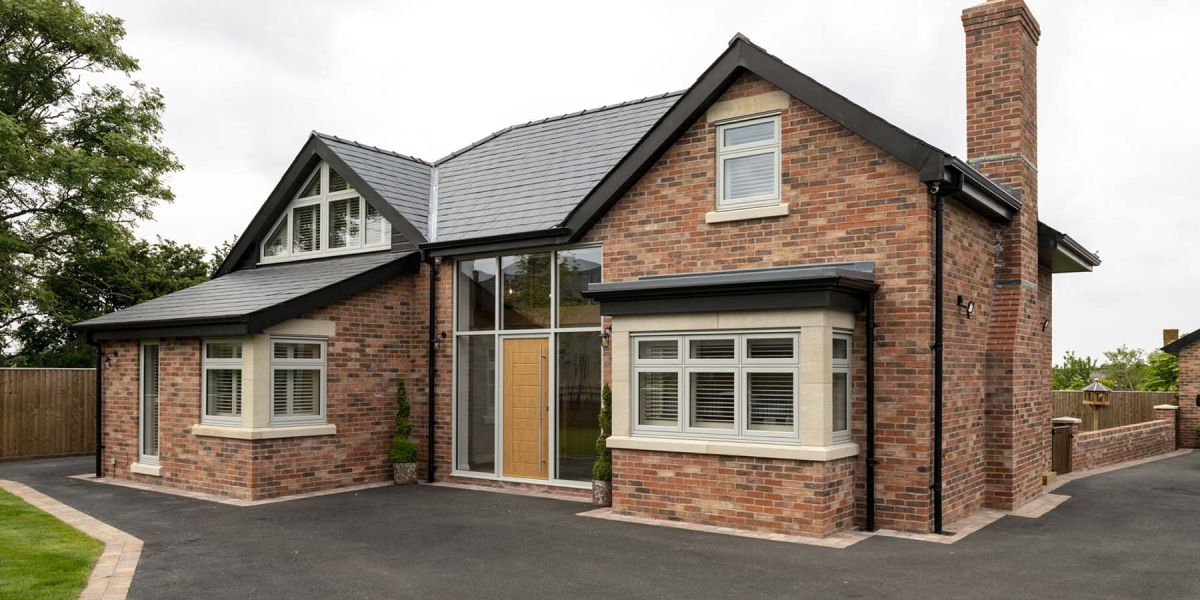In the dynamic world of residential construction, accurate cost estimation is the cornerstone of delivering homes that align with client visions while ensuring profitability. Residential construction estimating involves calculating the costs of materials, labor, equipment, and other resources required for single-family homes, townhouses, or multi-family units. This essential process empowers contractors, builders, and homeowners to manage budgets, secure financing, and complete projects efficiently. This article explores the importance of residential construction estimating services, their benefits, the process, and their role in achieving cost-effective, high-quality home construction as of May 31, 2025.
What Is Residential Construction Estimating?
Residential construction estimating is the process of forecasting the total cost of a residential project by analyzing architectural plans, specifications, and current market conditions as of 06:10 PM PKT, Saturday, May 31, 2025. These estimates cover foundations, framing, roofing, interior finishes (drywall, flooring, cabinetry), and systems (plumbing, electrical, HVAC). Unlike commercial projects, residential builds often involve personalized designs and smaller budgets, making precise construction cost estimates critical for meeting homeowner expectations.
The primary goal of residential estimating services is to provide accurate residential cost estimates that enable contractors to submit competitive bids, plan budgets, and avoid financial pitfalls. By leveraging advanced technology and industry expertise, residential construction estimators deliver tailored forecasts for materials, labor, permits, and contingencies, ensuring project success.
Why Residential Construction Estimating Is Crucial
Inaccurate estimates can lead to budget overruns, delays, or reduced quality, frustrating homeowners and harming a contractor’s reputation. Residential construction estimating services mitigate these risks with reliable, data-driven projections. Here’s why these services are essential:
1. Financial Control
Residential projects often operate within tight budgets, particularly for custom homes or renovations. Construction cost estimating ensures contractors order the right quantities of materials and allocate appropriate labor, minimizing waste. Accurate residential cost estimates foster transparency with clients, keeping projects financially viable.
2. Competitive Edge in Bidding
Winning residential contracts requires balancing affordability with quality. Residential estimating services provide detailed cost breakdowns, enabling contractors to submit competitive, profitable bids. Precise construction cost estimates help builders differentiate themselves while ensuring they can deliver promised quality.
3. Risk Reduction
Residential projects face risks like fluctuating material prices, site-specific challenges, or client-requested changes. Residential construction estimators include contingencies and use real-time market data as of May 2025 to address these variables, reducing unexpected costs and keeping projects on track.
4. Time Savings
Manual cost estimation for custom residential designs is time-intensive and error-prone. Outsourcing to professional residential estimating services saves time, allowing contractors to focus on project execution or client relations. Many providers deliver construction cost estimates within 24-48 hours, meeting tight deadlines.
5. Improved Accuracy
Professional residential construction estimating uses software like PlanSwift, Bluebeam, or Home-Cost, combined with expertise, to produce accurate estimates. These tools analyze detailed plans, ensuring components like lumber, drywall, or fixtures are precisely quantified, minimizing costly errors.
The Residential Construction Estimating Process
The process of residential construction estimating is systematic, ensuring reliable results. Here’s how residential estimating services operate:
Plan Analysis: Estimators review architectural drawings, floor plans, and specifications to identify required materials, labor, and equipment, covering structural elements, finishes, and systems.
Quantity Takeoff: A quantity takeoff calculates precise material quantities, such as square footage of flooring or linear feet of lumber, accounting for waste factors and project specifics.
Labor and Equipment Costs: Estimators calculate labor costs based on regional rates and project complexity, alongside equipment costs for tools or machinery like excavators.
Cost Breakdown: Using May 2025 market prices, estimators provide a detailed cost analysis for materials, labor, equipment, permits, and overhead, including contingencies for unforeseen expenses.
Quality Check: Estimates are verified against specifications for accuracy, delivered in formats like Excel or PDF for easy integration into bids or budgets.
Technology’s Role in Residential Construction Estimating
Technology has revolutionized residential construction estimating, enhancing accuracy and efficiency. Tools like PlanSwift, Bluebeam, and CoConstruct digitize blueprints, perform automated quantity takeoffs, and generate detailed reports. AI-powered platforms process complex plans quickly, reducing errors. These tools use real-time market data, ensuring residential cost estimates reflect May 2025 pricing trends.
For instance, digital takeoff software can calculate exact roofing square footage or concrete volumes, accounting for features like skylights or patios. Cloud-based platforms enable real-time collaboration among estimators, contractors, and homeowners, improving communication and efficiency.
Choosing the Right Residential Estimating Service Provider
Selecting a reliable residential estimating service provider is key to leveraging these benefits. Consider:
Expertise: Choose a provider experienced in residential construction estimating for projects like custom homes or remodels.
Technology: Ensure the provider uses advanced software for accurate, timely results.
Customization: The provider should offer tailored residential cost estimates reflecting specific materials, designs, or local codes.
Reliability: Select a provider known for delivering accurate construction cost estimates within tight deadlines.
Addressing Common Challenges
Residential construction estimating faces challenges like volatile material prices, custom design complexities, and tight schedules. Professional estimators tackle these by monitoring May 2025 market trends, using software for intricate plans, and offering flexible turnaround times. They also provide consultation for value engineering, selecting cost-effective materials, and optimizing workflows.
Conclusion
Residential construction estimating is vital for delivering high-quality homes on time and within budget. By providing precise construction cost estimates, these services enable contractors to manage finances, win competitive bids, and satisfy clients. Supported by advanced technology and skilled estimators, residential estimating services streamline planning and boost profitability. Whether you’re a general contractor, custom builder, or remodeler, partnering with a reputable residential construction estimating provider can elevate your project’s success. For accurate and professional residential cost estimates, consider outsourcing to experts who deliver tailored solutions for your home building needs.







